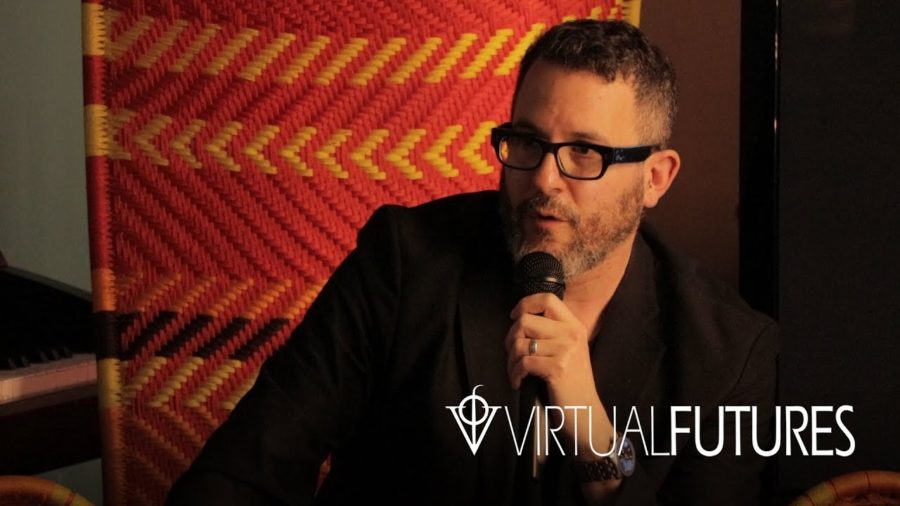I am profoundly envious of people who get to write about settled domains or sort of settled states of affairs in human events. For me, I was dealing with a set of technologies which are either recently emerged or still in the process of emerging. And so it was a continual Red Queen’s race to keep up with these things as they announce themselves to us and try and wrap my head around them, understand what it was that they were proposing, understand what their effects were when deployed in the world.
Archive (Page 2 of 2)
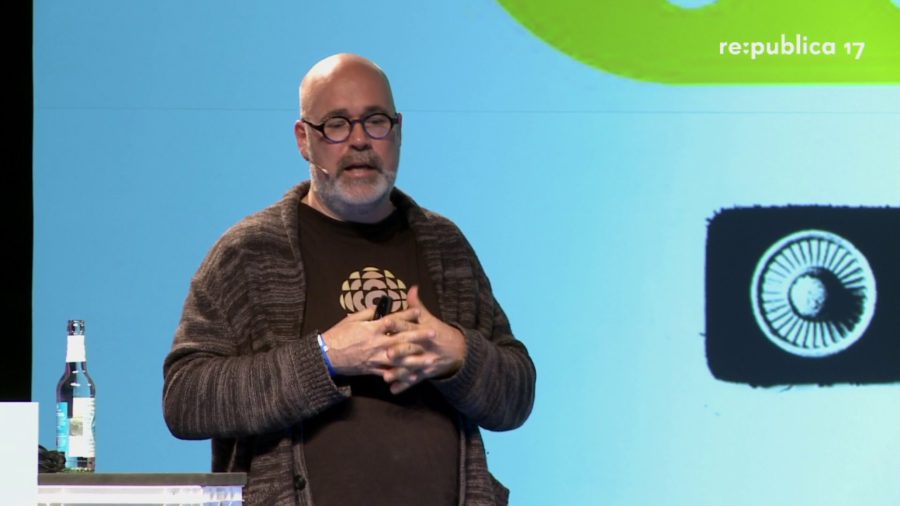
This is a moment to ask as we make the planet digital, as we totally envelop ourselves in the computing environment that we’ve been building for the last hundred years, what kind of digital planet do we want? Because we are at a point where there is no turning back, and getting to ethical decisions, values decisions, decisions about democracy, is not something we have talked about enough nor in a way that has had impact.

One of the challenges of building new technologies is that we often want them to solve things that have been very socially difficult to solve. Things that we don’t have answers to, problems that we don’t know how we would best go about it in a socially responsible way.
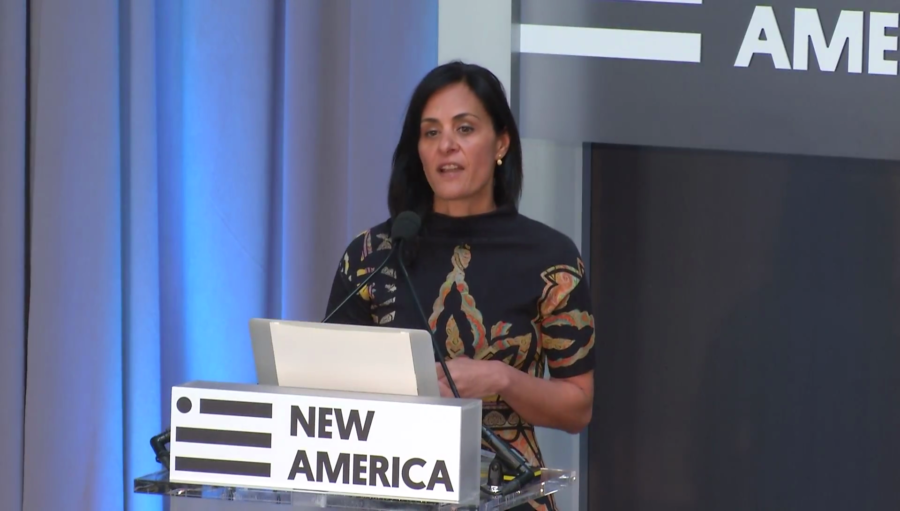
We have basically lost control over our network. All of the advances that have made our lives more productive, more accessible, more connected, have fundamentally disintermediated our ability to protect our environments. The democratization of information, of technology, of goods and services, of banking, of financial transactions with blockchain etc., means every aspect of our lives has become accessible and therefore vulnerable.

I don’t want to live in a world where ISIS is scarier than hackers, especially in 2016. We previously held the title in 2013, ’14, and ’15. And to be honest I was a little bit disappointed when I saw this result. So I thought I’m in my 40s now, there’s a lot of young hackers in the audience, and I’m not going to pass the baton to you guys unless we have that number one spot back in our pile.
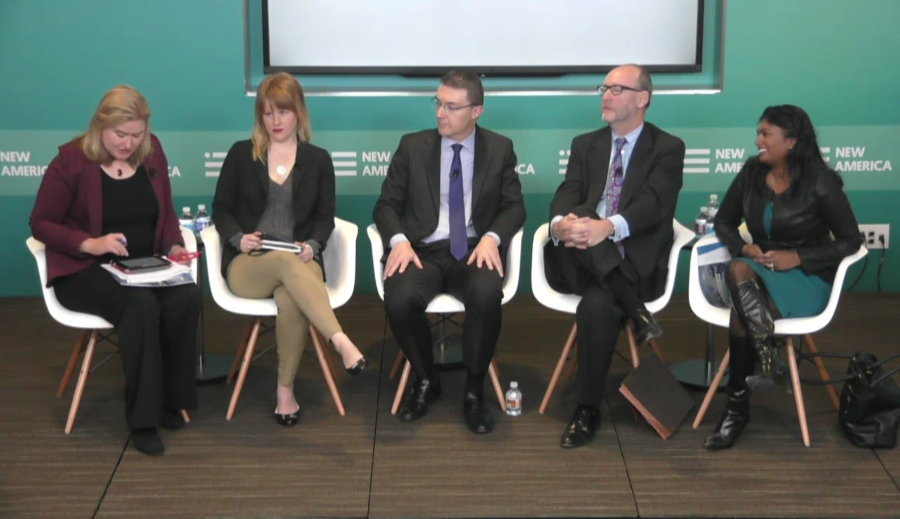
In addition to freedom to connect, there also needs to be the ability to connect, and that we need to model best practice at home and around the world, and the policies that relate to that.
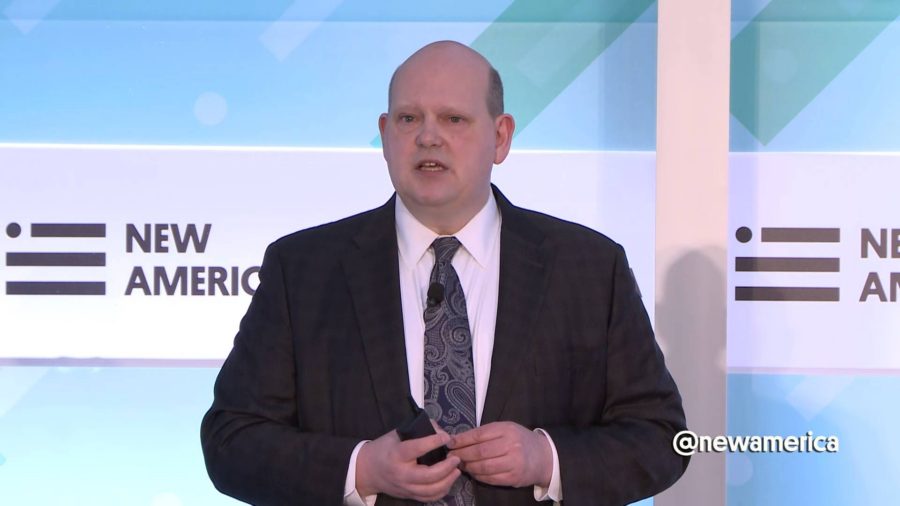
Sure, cyberspace is about people and data. But it is also about applications. And devices. And the indirect and non-obvious relationships between all of this. It creates a very complicated and exciting ecosystem. One that is capable of dramatic innovation, and dramatic exploitation.
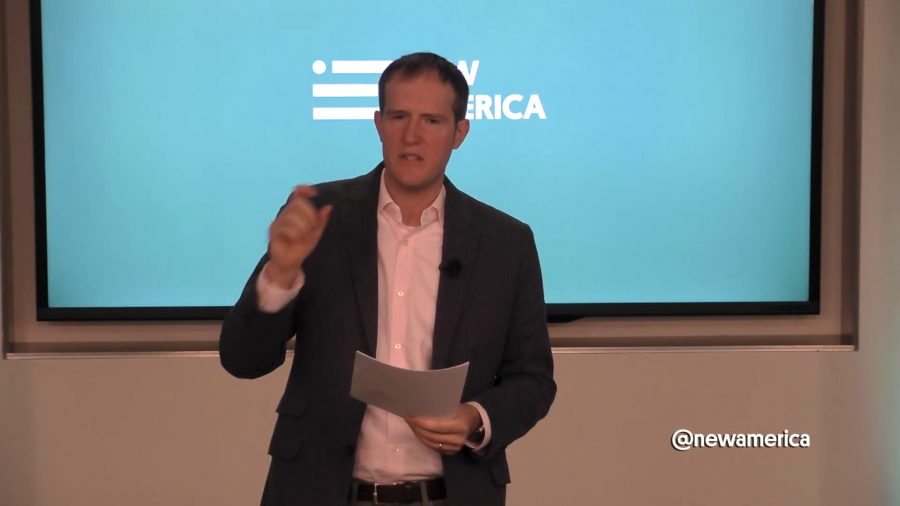
The Tyranny of Algorithms is obviously a polemical title to start a conversation around computation and culture. But I think that it helps us get into the cultural, the political, the legal, the ethical dimensions of code. Because we so often think of code, and code is so often constructed, in a purely technical framework, by people who see themselves as solving technical problems.
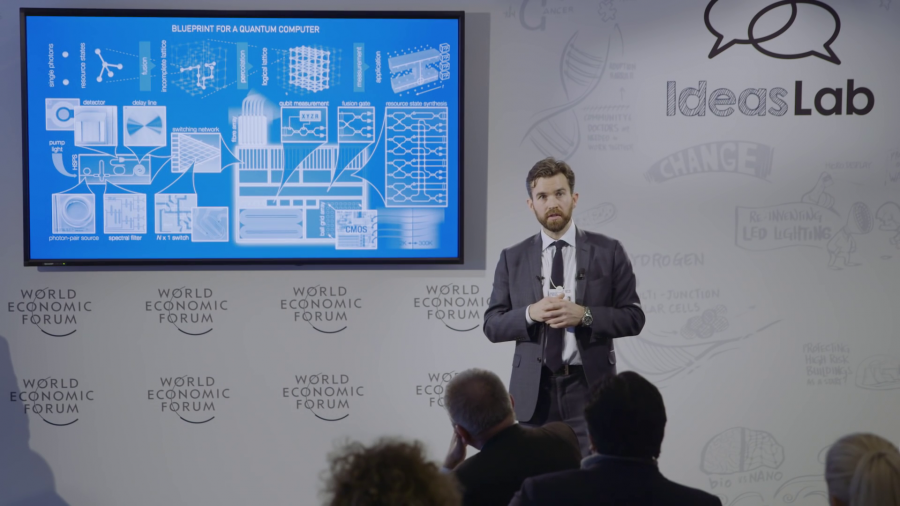
From vast data centers to mobile phones, the power of computers continues to transform our lives. But there are some problems across artificial intelligence, in the design of new materials, pharmaceuticals, and clean energy devices that they will simply never solve. So even if we turned our entire planet into a giant supercomputer we wouldn’t be able to solve these and many other important problems. The good news is that if we could build a computing device based on fundamental quantum principles, we could.

